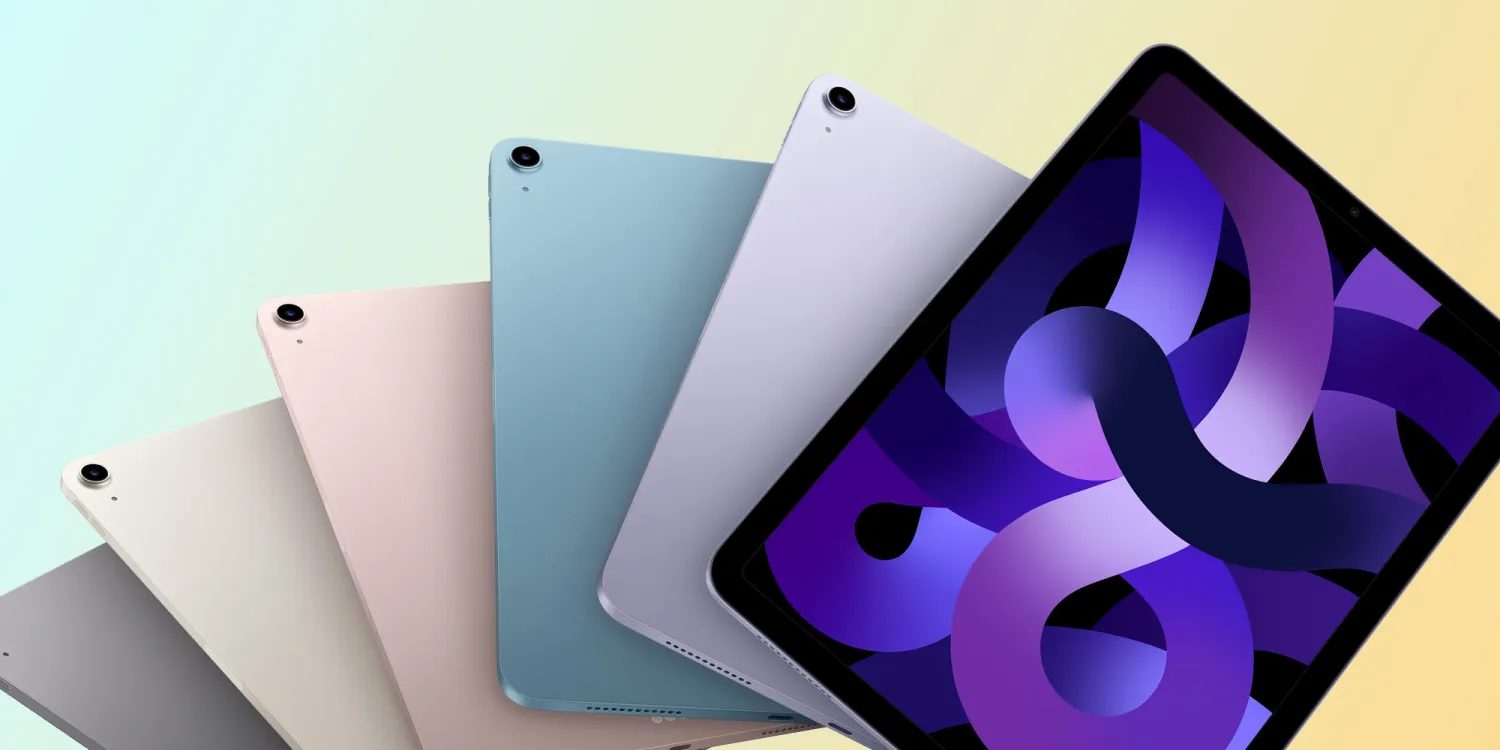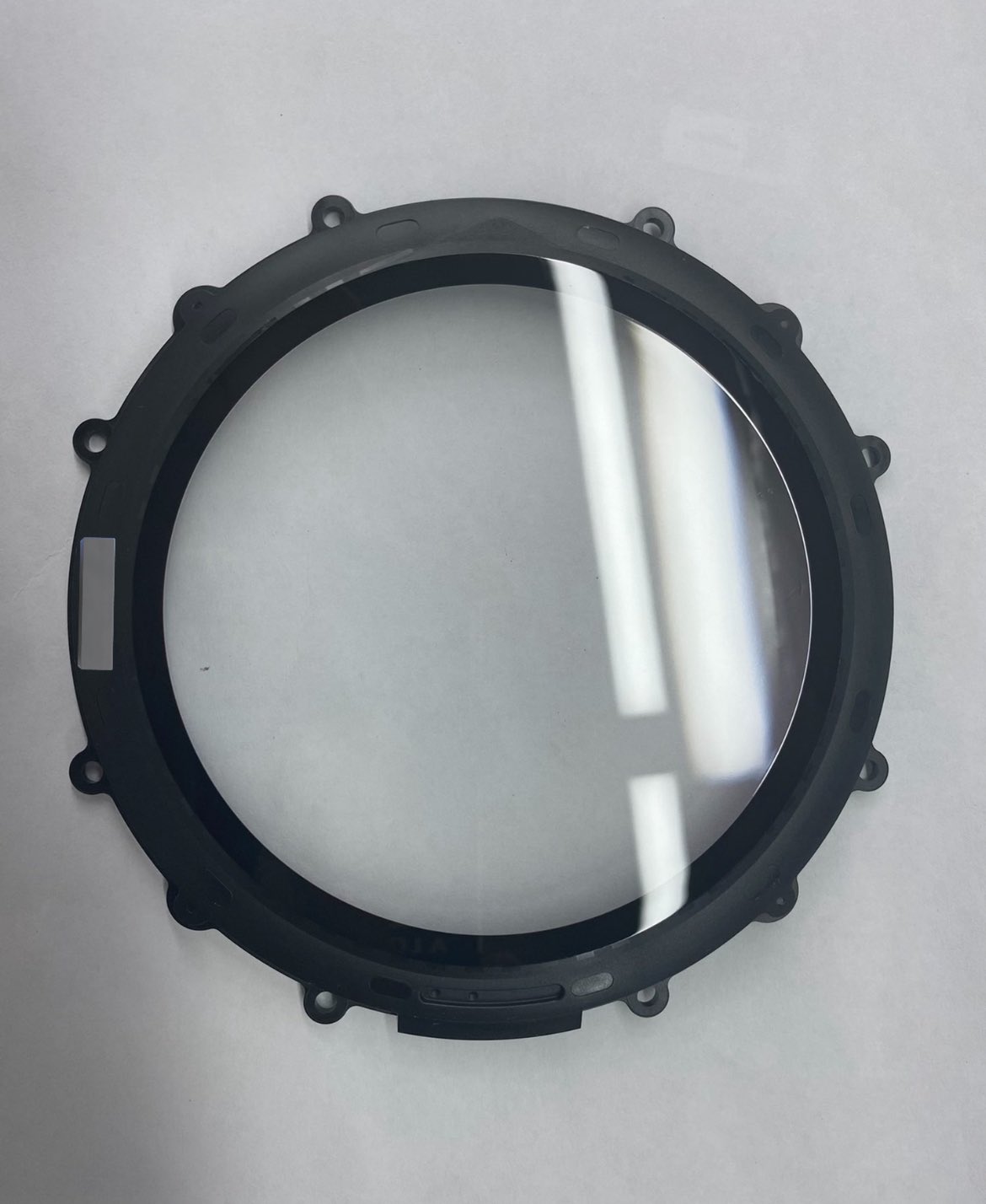
Apple to Reduce Environmental Impact of Chip Manufacturing

Apple has joined the Sustainable Semiconductor Technologies and Systems (SSTS) program, just days ahead of COP26, the United Nations’ annual climate change conference — reports Computerworld.
SSTS is an initiative conceived to help mitigate the environmental impact of computer processor manufacturing, and create new technologies, design footprints, and manufacturing processes to that effect.
It comes as no surprise that Apple, an outspoken proponent of green energy and a company that supports action against climate change in both practice and preaching, signed up.
The iPhone maker is working on going completely carbon neutral by 2030 across its supply chain and products. Apple has even convinced over 100 of its suppliers to join its pledge and switch entirely to renewable energy. On Wednesday, Apple outlined its broader climate initiatives moving forward.
The SSTS program, being assembled by Interuniversity Microelectronics Centre, wants to “anticipate the environmental impact of choices made at chip technology’s definition phase.”
The crux of the venture is helping chip designers reduce the ecological footprint of the processors they create. “It’s an overt attempt to align processor development with the fight against climate change,” says Computerworld.
Apple’s latest M1 Pro and M1 Max chips have been heralded as being a completely new frontier in energy efficiency, even when performing complex tasks like 3D rendering, so Apple’s golden, right?
Well, not quite — what sets the SSTS approach apart is the fact that it looks at more than just the heat processors produce and the energy they utilize when in use. The initiative lends a lot of importance to chip design, as well as the chip manufacturing process.
The chip manufacturing process is a massive energy hog and makes extensive use of chemicals, rare materials, and water. It also generates copious amounts of greenhouse gas as a byproduct.
TSMC, Apple’s primary chip manufacturer, uses almost 5% of Taiwan’s entire electricity production every year and used 63 million tons of water in 2019.
The SSTS initiative aims to outfit the entire chip supply chain with measures to combat climate change, from when a company like Apple designs a processor, to when a semiconductor foundry like TSMC manufactures it, to when a consumer uses it.
“Every company should be a part of the fight against climate change, and together with our suppliers and local communities, we’re demonstrating all of the opportunity and equity green innovation can bring,” said Apple CEO Tim Cook during the company’s Wednesday announcement.
“We’re acting with urgency, and we’re acting together. But time is not a renewable resource, and we must act quickly to invest in a greener and more equitable future.”
Citing sources close to the matter, Computerworld also reported that Apple has started making its environmental impact and conservation-focused teams a bigger part of the company’s product design process.

